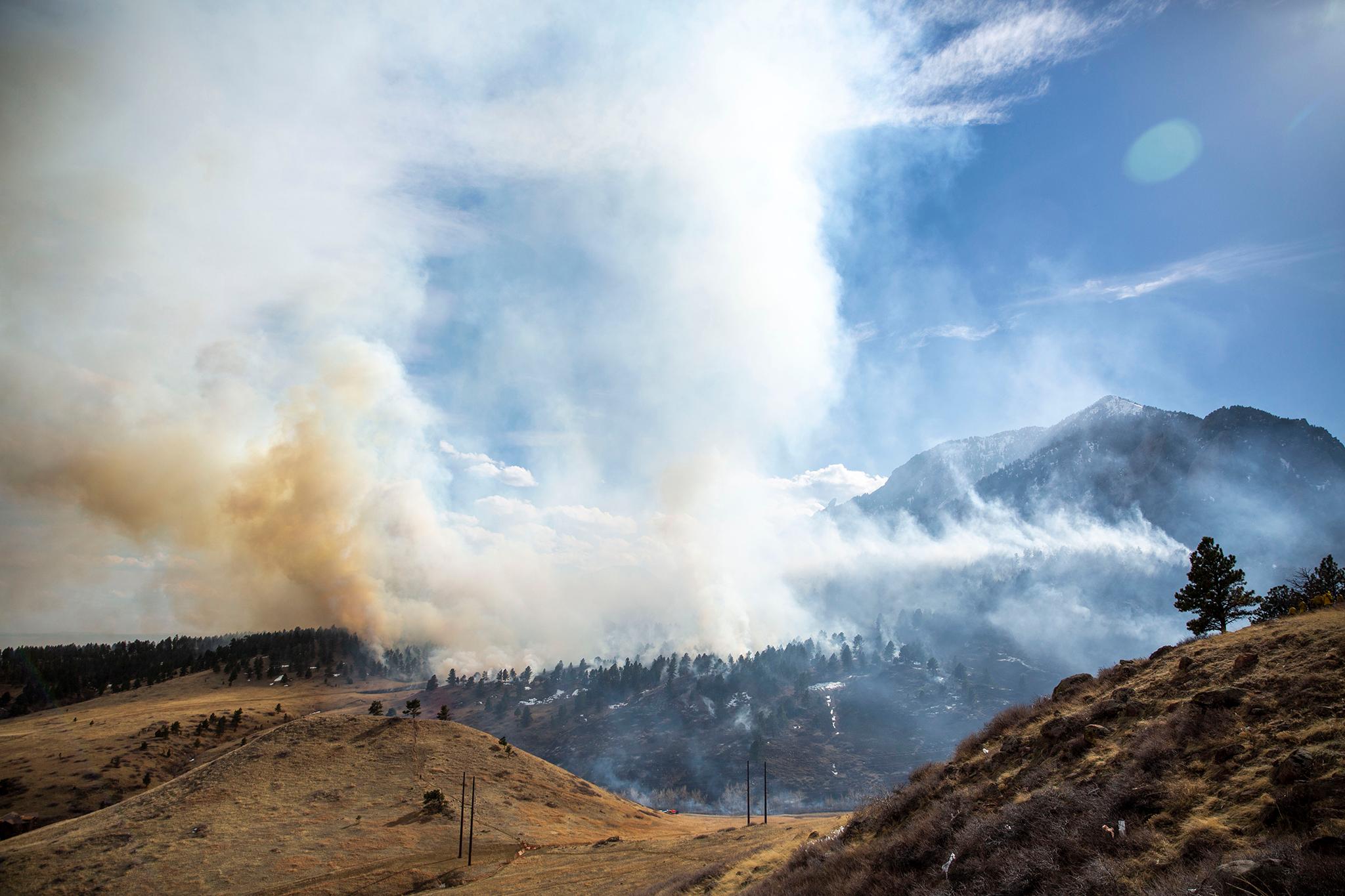
“Forgotten first responders.”
According to Democratic Rep. Joe Neguse, that’s how one federal wildland firefighter described how he felt as they faced pay, housing and health issues doing an often dangerous job.
Now Neguse is reintroducing Tim’s Act, a bill to increase federal firefighter pay and benefits, with fellow Democratic Rep. Katie Porter of California. Tim Hart was a smokejumper who lost his life fighting a wildfire in New Mexico in 2021. Neguse credits Tim’s wife, Michelle, as one of the driving forces behind the legislation.
Neguse and Porter pushed some parts of the bill across the finish line last Congress, such as improving retirement benefits and a temporary increase in pay through the bipartisan infrastructure bill. But Neguse wants to finish the job.
“In terms of the core priorities here, they have always been about pay and housing,” he said. “The bill provides, essentially, for a codification of the prior pay reforms that we had adopted … as well as provide a key housing stipend.”
Among other things, the bill would raise starting wages to $20 an hour for new federal wildland firefighters, increase base pay for wildland firefighters through all federal pay grade levels, provide health care and mental health services as well as provide housing stipends for all firefighters on duty more than 50 miles from their primary residence.
Lucas Mayfield, a former hot shot firefighter and co-founder and president of Grassroots Wildland Firefighters, is glad the bill is back this Congress. His group has been advocating for pay and benefit reforms, as well as improvements to comprehensive health and well-being programs.
“If you do it long enough, you know people that have died. You know people that are suffering and you see the effects — whether it’s divorce rates, breakups, potential suicides, substance abuse,” he said. He’s glad that pay and benefits are once again in front of legislators and agency administrators.
While Neguse lost his Republican co-sponsor of the bill, Rep. Liz Cheney, from last Congress, he did gain an ally in the Senate this congress: Democratic Sen. Michael Bennet, who is introducing the companion measure in his chamber. While that might not help Neguse get the bill through the Republican-controlled House through regular order, it does increase the chances of getting provisions of Tim’s Act included in an omnibus piece of legislation, like the Farm Bill.
“These firefighters deserve fair pay, support for their mental and physical health, and time to recover from their dangerous work,” Bennet said in a statement. “I’m grateful for their bravery, and I’m working to make sure they get the pay and benefits they deserve.”
Still, Neguse, who leads the bipartisan wildfire caucus, is not giving up on getting a Republican to sign onto the bill.
Although he recognizes the hurdles, he said “the financial price tag of the legislation has proven to be an obstacle for some” and that others also “have a different worldview when it comes to the payment structure for federal employees. That issue in and of itself has become largely politicized here in Washington, unfortunately.”
But for Neguse, whose district was impacted by the devastating East Troublesome Fire and Cameron Peak Fire, this issue is personal.
“These are just incredibly thoughtful, talented, dedicated, selfless men and women who are putting their lives on the line every day. And, unfortunately, many parts of the general public and certainly many of the policymakers here in Washington have forgotten them,” he said. “I won't forget. I never forget. And my community doesn't forget.”








